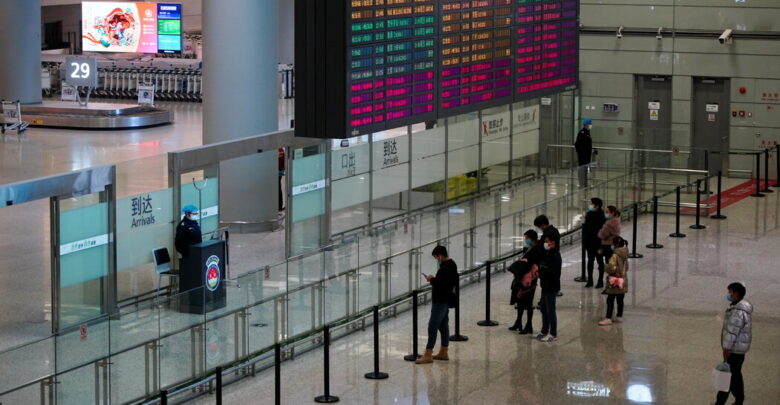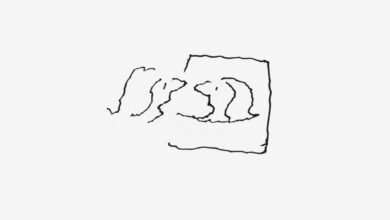China is making anal swabs on some travelers and angering foreign governments.

China is requiring some travelers arriving from overseas to receive an invasive anal swab test as part of its coronavirus containment measures, which has outraged and shocked several foreign governments.
Japanese officials said Monday they had formally asked China to exclude Japanese citizens from the test, adding that some who received it complained of "psychological distress". And the US State Department said last month it registered a protest with the Chinese government after some of its diplomats were forced to have anal swabs, despite Chinese officials denying it.
It is not clear how many such swabs have been administered or who is subject to them. Chinese state media have acknowledged that some arrivals in cities like Beijing and Shanghai are required for the tests, although reports said requirements may vary depending on whether travelers were rated as high-risk.
Chinese experts have suggested that traces of the virus could survive longer in the anus than in the respiratory tract, and that samples of the former could prevent false negative results. China has put some of the toughest containment measures in the world, including blocking most foreign arrivals, and has largely suppressed the epidemic.
Lu Hongzhou, an infectious disease specialist at Fudan University in Shanghai, told the state-controlled tabloid Global Times that nasal or throat swabs could cause "nasty reactions" that could result in below-average samples. He admitted that stool samples could replace anal swabs to avoid similar discomfort.
Other experts – including in China – have questioned the need for anal testing. The Global Times quoted another expert, Yang Zhanqiu, as saying that nasal and throat swabs are still most effective because the virus is transmitted through the airways.
Benjamin Cowling, professor of public health at the University of Hong Kong, said in an interview that even if someone tested positive on an anal swab but not a breath swab, he or she probably wouldn't be very contagious.
"The value of detecting people with the virus is in stopping transmission," said Professor Cowling. "If someone has an infection but is not contagious to anyone, we didn't have to recognize that person."
A spokesman for China's foreign ministry said this week the government will make "science-based adjustments" to its containment policies.
Professor Cowling said he did not know what the scientific rationale for the existing policy was. "I suspect there is some evidence leading to this decision, but I haven't seen that evidence," he said.



